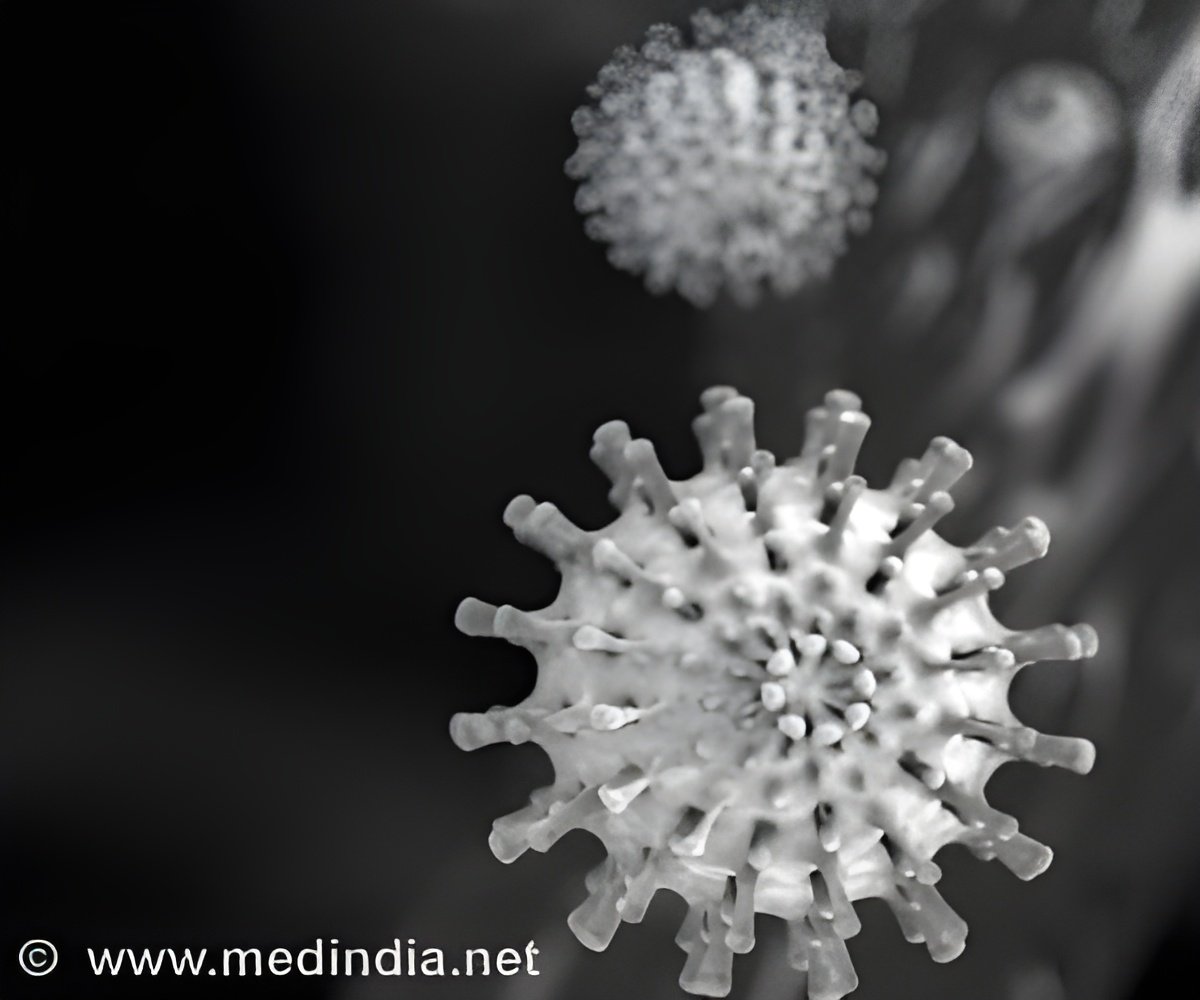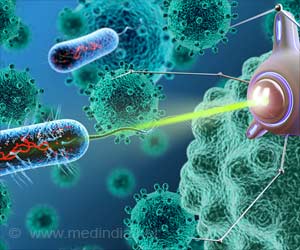Building on new insights about nanoparticles, investigators developed a test for early detection of diseases, including different types of cancer.

‘Screening for cancer soon to be possible through disease-specific protein coronas with sensor array technology, multidisciplinary expertise in nanobio interfaces, and advanced statistics.’
Read More..




Like dipping a donut hole in powdered sugar, nanoparticles collect a unique coating of proteins from the blood. In a new study published in the Royal Society of Chemistry’s peer-reviewed journal Nanoscale Horizons, Mahmoudi and the team present evidence that these coronas are personalized and precise, with different compositions or patterns in people with cancers. Read More..
They have developed a sensor array that has been tested on blood samples, both from people diagnosed with five different types of cancer as well as purportedly healthy people who went on to have a cancer diagnosis several years later. The team’s goal is to develop an early detection test that could be used in the clinic to identify those at risk of cancer and other diseases.
"For cancer and many other catastrophic diseases, the earlier you can diagnose, the more likely you can treat and extend survival and attain better quality of life," said Mahmoudi, the paper’s corresponding author. Mahmoudi is the former director of the nanobio interactions laboratory at Tehran University of Medical Sciences where he began this work in 2014. "The goal here is to develop a strategy to help people get better information about their health. Today, in the clinic, we have ways to measure lipids and predict risk of cardiovascular disease, but limited ways for cancer. If everything goes well, we hope our work will lead to a screening test for the earliest signs of cancer."
To carry out their investigation, the team combined the concepts of disease-specific protein coronas with sensor array technology. Sensor arrays can identify a wide variety of interacting chemical and biological compounds all at once rather than in isolation.
To test blood samples for early patterns of disease, the team developed a sensor array that consisted of three different cross-reactive liposomes -- fatty molecules that caused protein coronas to form around them.
Advertisement
Although promising, as with other diagnostic approaches, the team’s preliminary results will need to be validated in a larger number of people to make sure the test not only works but also provides accurate diagnostic information. Mahmoudi and his colleagues are also interested in applying the technology beyond cancer to diagnose other diseases at an early stage.
Advertisement
Source-Eurekalert









